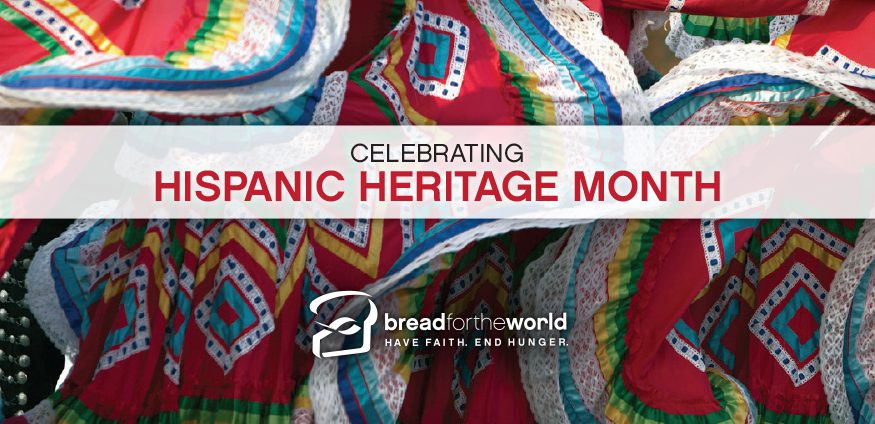This is the second blog of a four-part blog series themed “Latinos: Powering the U.S. Economy to End Hunger” to celebrate Hispanic Heritage Month. This entry focuses on Latinos paying their fair share in taxes.
By Dulce Gamboa
Latinos are hardworking people who dream, like the rest of Americans, for a better life. Latinos contribute every day to power the U.S. economy and pay their fair share in taxes. Their contributions to the tax system makes it possible for the U.S. to make smart investments in health care, poverty, foreign aid, and other areas to revitalize and strengthen local and global communities. And Latinos play a key role in building that shared national prosperity.
Immigrants—regardless of immigration status—pay a significant amount of money in taxes each year. Combined, documented and undocumented Latinos pay $124 billion in federal taxes per year. And if undocumented Latinos were to earn legal status, their tax contributions would increase by an additional $2 billion.
Our collective tax contributions at local, state and federal levels help our country fight hunger and poverty in the United States and overseas. As a tax payers, we have a say in funding priorities for the federal budget that Congress is currently debating.
It is critical that our nation invests robustly in Latino children and new workers—through nutritional programs, health care, workforce development, and other areas that promote long-term competitiveness, and a better economic status for Latinos in the United States. With an aging population reaching retirement, young Latino workers, through their tax contributions, will be keeping the economy strong in our country. That gives us the human and financial resources to be better positioned to end hunger by 2030.
Making key investments in safety-net programs today will translate into stronger Latino families, that in turn can contribute even more to our nation’s coffers. In other words, Latino success will ensure the success of the United States to end hunger in our time.
This week, let’s keep celebrating the significant contributions of the Latino community to the United States. As a Latina, I say we have a lot to be proud of!
Dulce Gamboa is an associate for Latino relations at Bread for the World.



